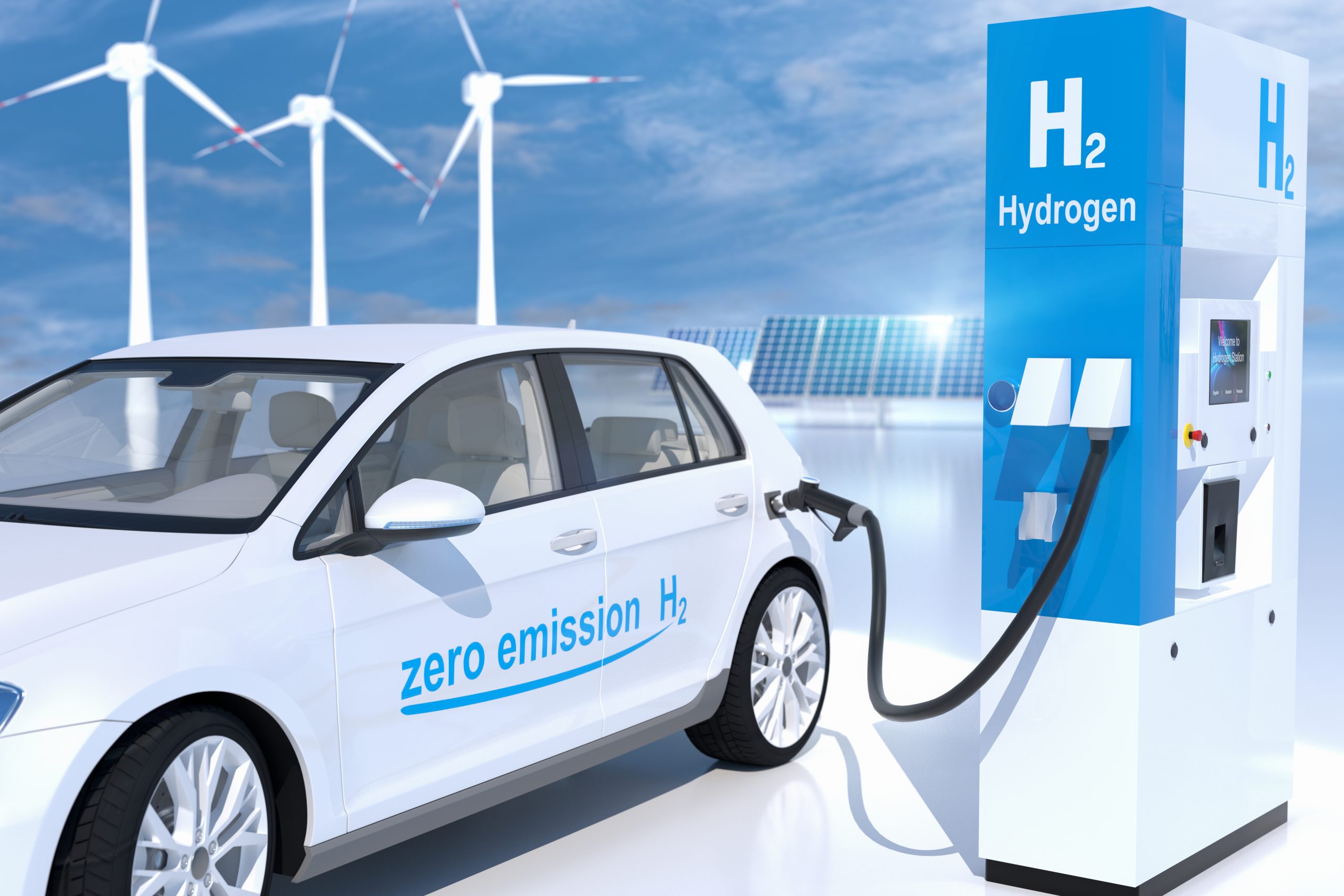Much has taken place throughout the past year in retail automotive; from record acquisitions to the continued ‘chip-demic’. Throughout it all, dealers have remained profitable. On today’s show, we’re pleased to welcome Kevin Tynan, Bloomberg Intelligence’s Senior Automotive Analyst, who stays up to date on all things automotive. He gives us his perspective on the past year.
When people ask Tynan when will things get back to ‘normal’, he says, it won’t be back to normal. There’s no date that says there are enough chips. He says this is a time where it’s most dynamic, and how lasting some of the 2021 stories will be.
| Related: Expect strong new and used car sales in 2022 due to ‘pent-up consumer demand’ |
A lot of consumers like where they pay MSRP and the no-haggling model. Tynan thinks taking some of the complexity, or the worst parts of the process out, can actually stick. When you look at it from the manufacturer or dealer perspective, it’s a better way for them to do business. He also says ideally, those two parties’ influences, the industry.
Disruption forced the processes to improve says Tynan. As a retail dealership, it’s figuring out how much of that are you going to implement in your own system. He says there’s room for different ways of doing things but processes have to get better.

Tynan believes there is still a lot of upside potential in the industry. Ford, General Motors, and Stellantis were in the 80-day supply range, and that became difficult for their dealerships. October and November months were above sticker price. When those USA brands go from an 80-day supply to a disciplined 50-day supply, you’ll see pricing power change.
When automakers have enough chips, Tynan believes that will be the shift of the controlling of the output. Even when they do produce enough chips, he doesn’t believe we’ll be going back to 2019, where you produce and sell the vehicle the next day. Tynan hopes we get a more rational valuation from companies in 2022 and beyond.
With Tesla going into its ninth year, Tynan wonders why is EV inventory so low? He thinks it’s because automakers in the industry don’t want it to be. He thinks large legacy automakers are looking at battery electric vehicles and believing they’ll never out beat Tesla. He says, but some automakers may lean towards hydrogen-powered vehicles while keeping a percentage in EVs.
Did you enjoy this interview with Kevin Tynan? Please share your thoughts, comments, or questions regarding this topic by submitting a letter to the editor here, or connect with us at newsroom@cbtnews.com.
Be sure to follow us on Facebook and Twitter to stay up to date or catch-up on all of our podcasts on demand.
While you’re here, don’t forget to subscribe to our email newsletter for all the latest auto industry news from CBT News.









